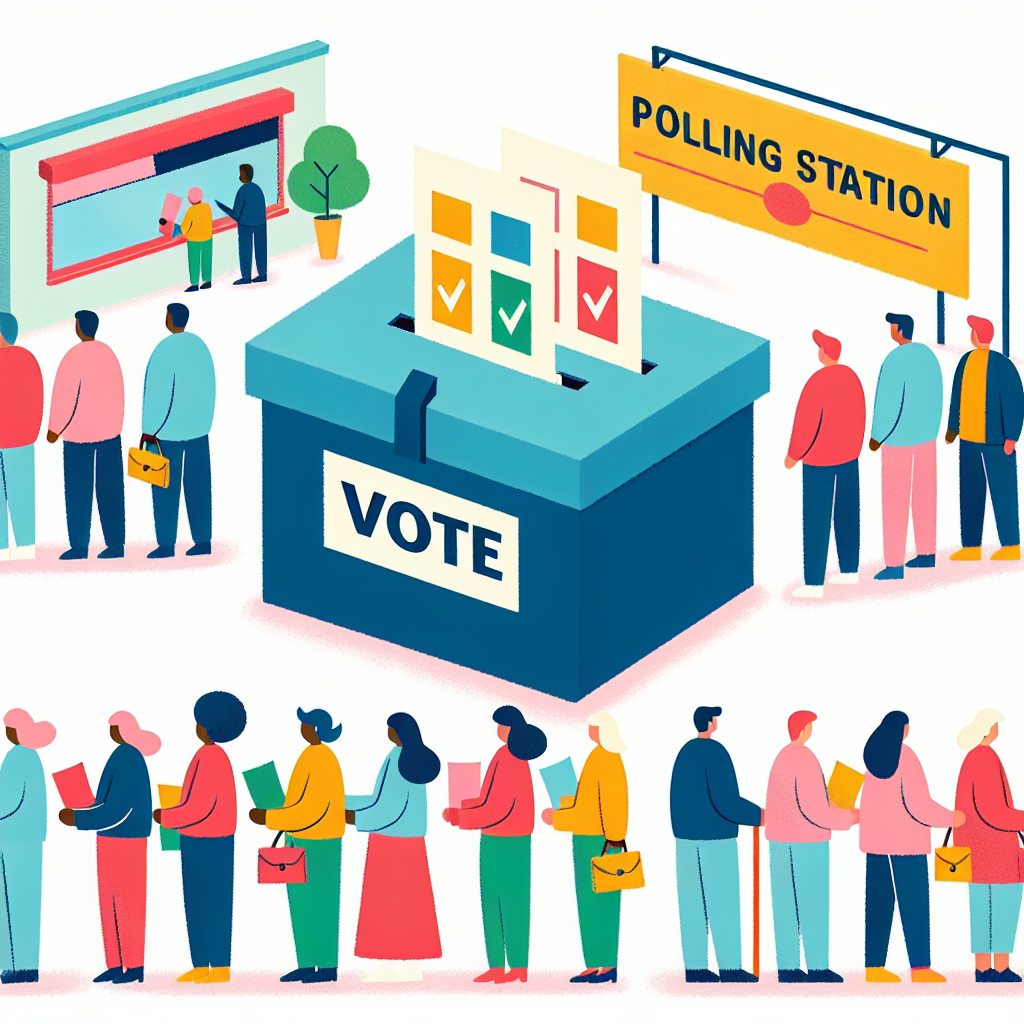Deadline Extended for Electoral Commission Nominations to 6 June 2025
The extension comes after requests from several civil society organisations and stakeholders who expressed concerns about limited awareness of the initial call for nominations.

- Country:
- South Africa
The Office of the Chief Justice (OCJ) has announced an extension of the deadline for nominations to fill three vacancies on the Electoral Commission of South Africa (IEC). The revised cut-off for submissions is now 6 June 2025, granting additional time for individuals and organizations to submit nominations.
The extension comes after requests from several civil society organisations and stakeholders who expressed concerns about limited awareness of the initial call for nominations. In response, the OCJ stated:
“This will allow interested persons who may not have been aware of the advertisement to submit their nominations by no later than the abovementioned date.”
Key Criteria for Nominees
Candidates nominated for these prestigious roles must meet a set of clear eligibility criteria. Specifically, nominees must be:
-
South African citizens;
-
Fit and proper individuals to hold public office;
-
Non-partisan or individuals who, at the time of nomination, do not hold a high political party profile.
Role and Term
Successful candidates will be appointed by the President of South Africa to serve on the Electoral Commission for a fixed term of seven years. They must also specify in their application whether they are available to serve in a full-time or part-time capacity.
The Electoral Commission plays a critical constitutional role in overseeing free and fair elections, managing electoral rolls, ensuring compliance with electoral laws, and upholding democratic values. Commissioners are expected to uphold impartiality, integrity, and independence in their duties.
Nomination Package Requirements
To be considered, nominations must be submitted along with the following documents:
-
A detailed motivation explaining the candidate’s suitability for the role;
-
A written consent from the nominee, if nominated by a third party;
-
A certified copy of a South African Identity Document (ID);
-
A comprehensive curriculum vitae (CV) outlining relevant qualifications, experience, and accomplishments.
Submission Channels
Nominations can be submitted via multiple channels to ensure accessibility:
-
By post: The Office of the Chief Justice Private Bag X10, Marshalltown, 2107
-
Hand delivery: 188, 14th Road, Noordwyk, Midrand Attention: Ms M. Songca
-
Email (preferred):
The OCJ encourages all interested parties to submit nominations as early as possible to avoid last-minute technical delays or submission errors.
Importance of an Inclusive and Transparent Process
This latest development reflects a commitment to transparency, public engagement, and broad representation in the appointment of Electoral Commission members. Given the pivotal role the IEC plays in upholding South Africa’s constitutional democracy, there is a strong emphasis on ensuring that the selection process is rigorous, open, and merit-based.
The Commission has come under increased public scrutiny in recent years as it prepares for critical upcoming electoral cycles, including municipal elections and the 2029 general elections. Strengthening the institution with experienced, non-partisan, and credible commissioners is seen as key to maintaining public trust in the electoral system.
A Call to Action
Legal experts, electoral analysts, civil society organizations, and advocacy groups are encouraged to participate in the process by nominating individuals who embody democratic values and possess the expertise required to navigate an evolving political landscape.
“The credibility of our elections hinges on the strength and integrity of the IEC,” said a senior official from a Johannesburg-based constitutional law think tank. “We urge communities to get involved in shaping the future of South African democracy.”
The extension offers a crucial window of opportunity for underrepresented groups, including women, youth, and persons with disabilities, to be considered for leadership roles in one of the country’s most vital democratic institutions.
ALSO READ
CPI(M) Campaigns for Democracy: Marking 50 Years of Emergency
Bangladesh Set for Historic Polls: Yunus Charts Path to Democracy
Italy's Citizenship and Labour Law Referendum: A Test of Democracy and Demographics
Owaisi's Stand: Upholding Democracy and Legal Routes
Australia's Quest to Reinforce Democracy Amid Global Uncertainty










